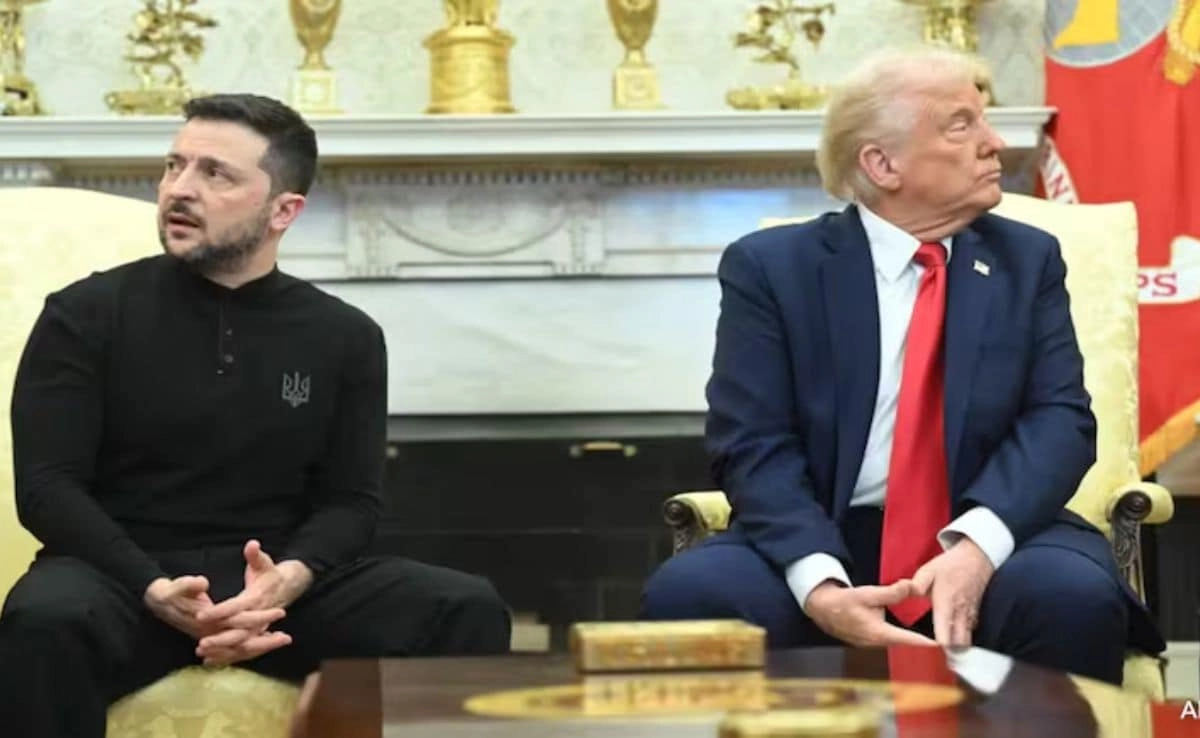The ongoing trade war between the United States and China has escalated significantly, leading to a series of tariffs and counter-tariffs that have disrupted global trade dynamics. As both nations impose higher duties on each other’s goods, businesses are seeking alternatives to mitigate the impact of these tariffs. This tumultuous environment presents a unique opportunity for Indian exporters to step in and fill the gaps left by the strained US-China trade relations. With American companies looking to diversify their supply chains away from China, India stands poised to emerge as a key player in various sectors.
One of the most significant advantages for Indian exporters is the country’s vast pool of skilled labor and its ability to produce a wide range of products at competitive prices. Industries such as textiles, pharmaceuticals, and electronics are particularly well-positioned to benefit from this shift. Indian textile manufacturers, for instance, can cater to the growing demand in the US market as American retailers seek alternatives to Chinese suppliers. Similarly, the pharmaceutical sector, which has already established a reputation for quality and affordability, can capitalize on the increased demand for generic drugs and health products, as American companies look to source more from India.
Furthermore, the Indian government is actively promoting initiatives to boost exports, such as the “Make in India” campaign, which encourages local manufacturing and innovation. By providing incentives and streamlining regulations, the government aims to enhance India’s competitiveness on the global stage. This proactive approach not only supports Indian exporters but also strengthens the overall economy by creating jobs and fostering entrepreneurship. As global supply chains evolve in response to the ongoing trade tensions, Indian businesses can leverage these initiatives to position themselves effectively in the international market.
However, Indian exporters must also navigate challenges such as infrastructure bottlenecks, regulatory hurdles, and the need for quality compliance to fully realize the potential benefits from the US-China trade war. Investing in technology and innovation will be crucial for Indian companies to enhance their productivity and ensure that they meet international standards. By addressing these challenges and capitalizing on the opportunities presented by shifting trade dynamics, Indian exporters can play a significant role in the global marketplace, ultimately contributing to sustained economic growth in India.




